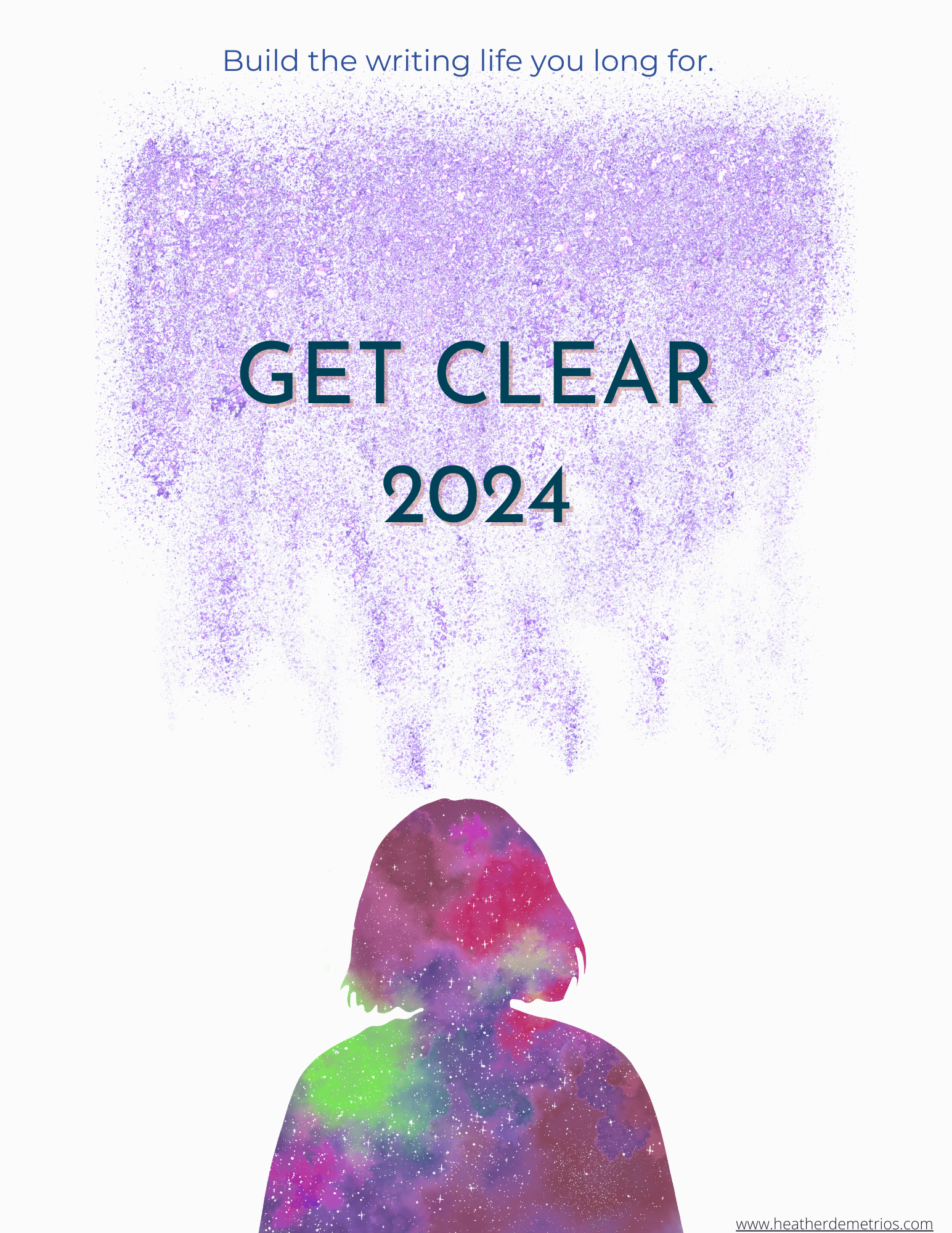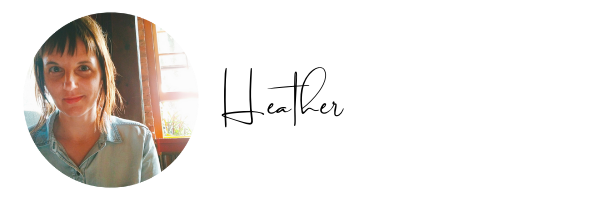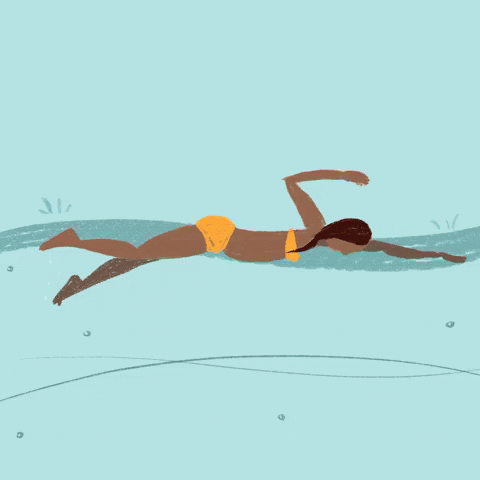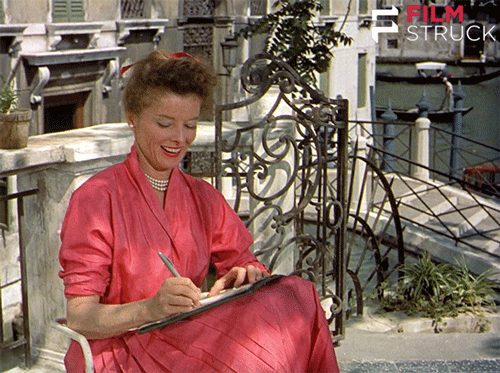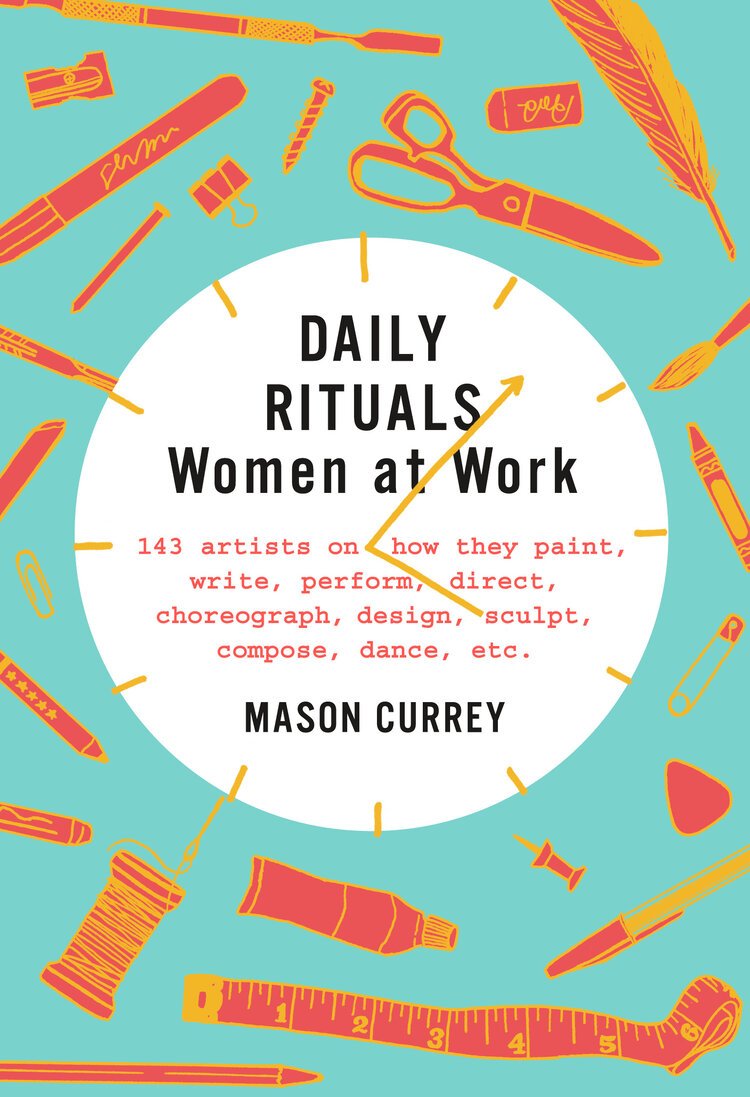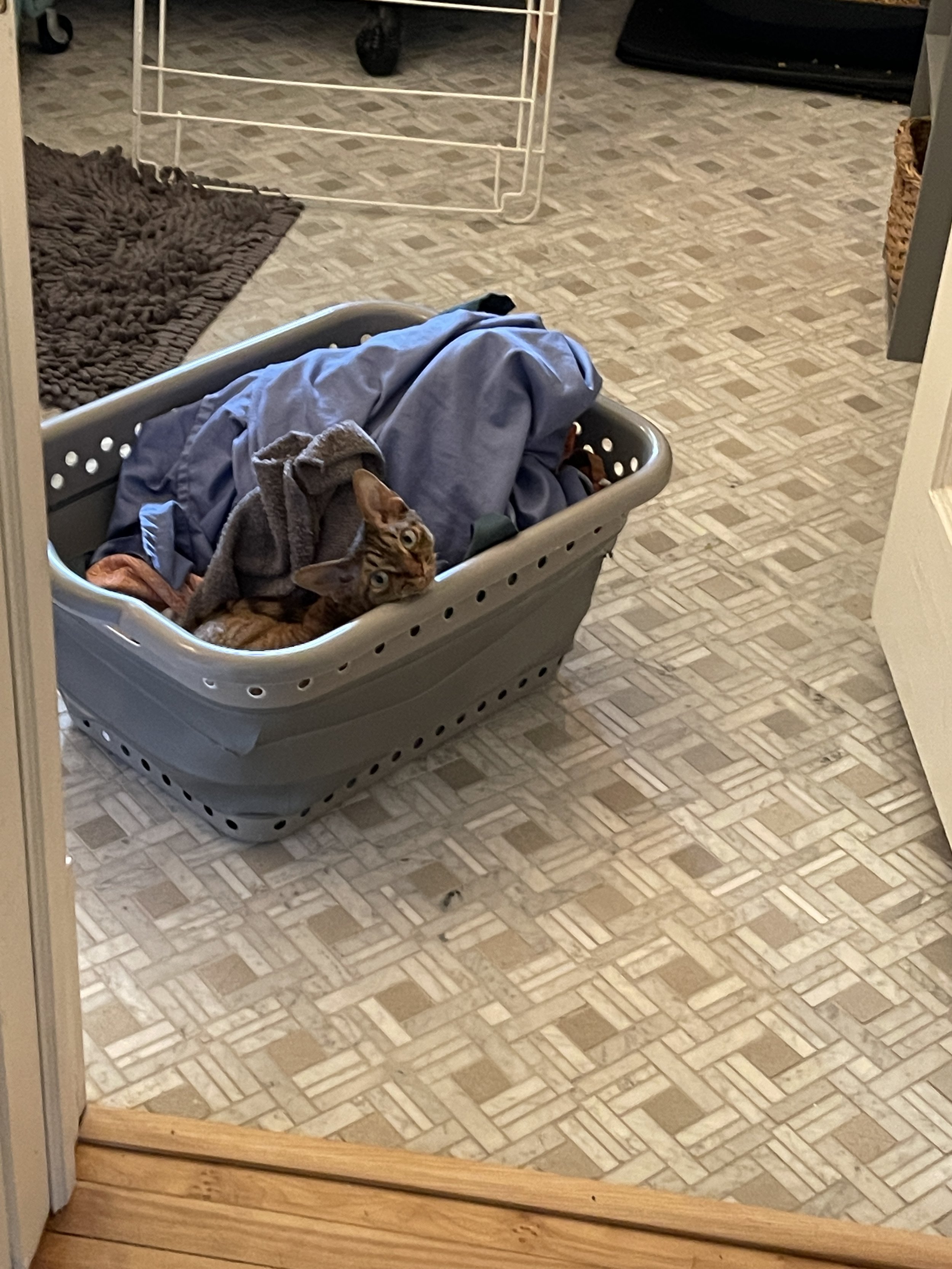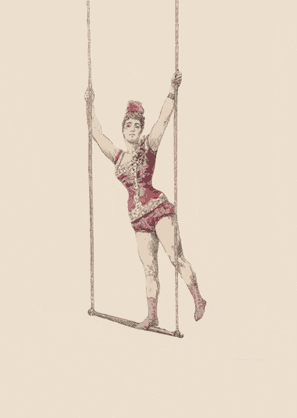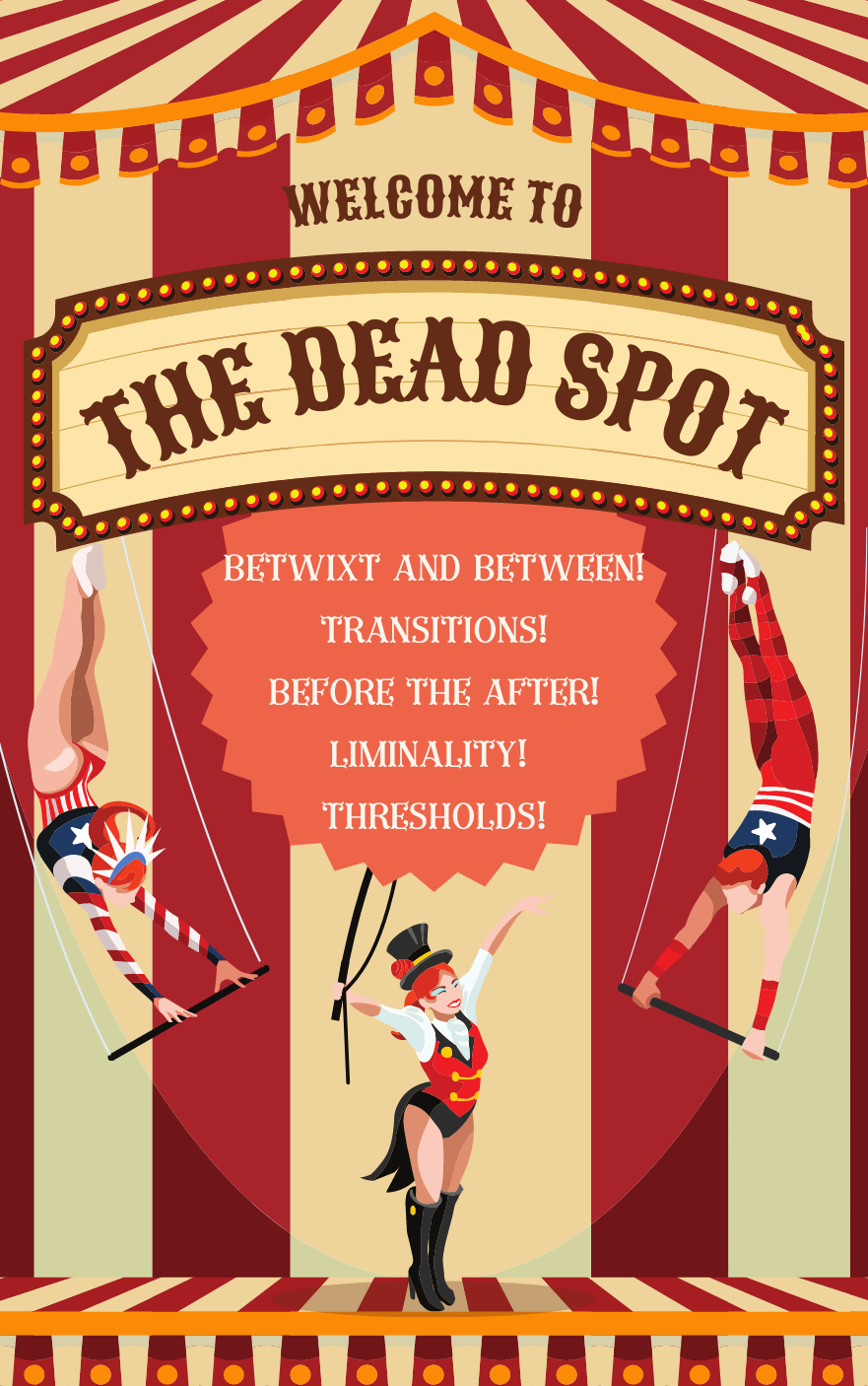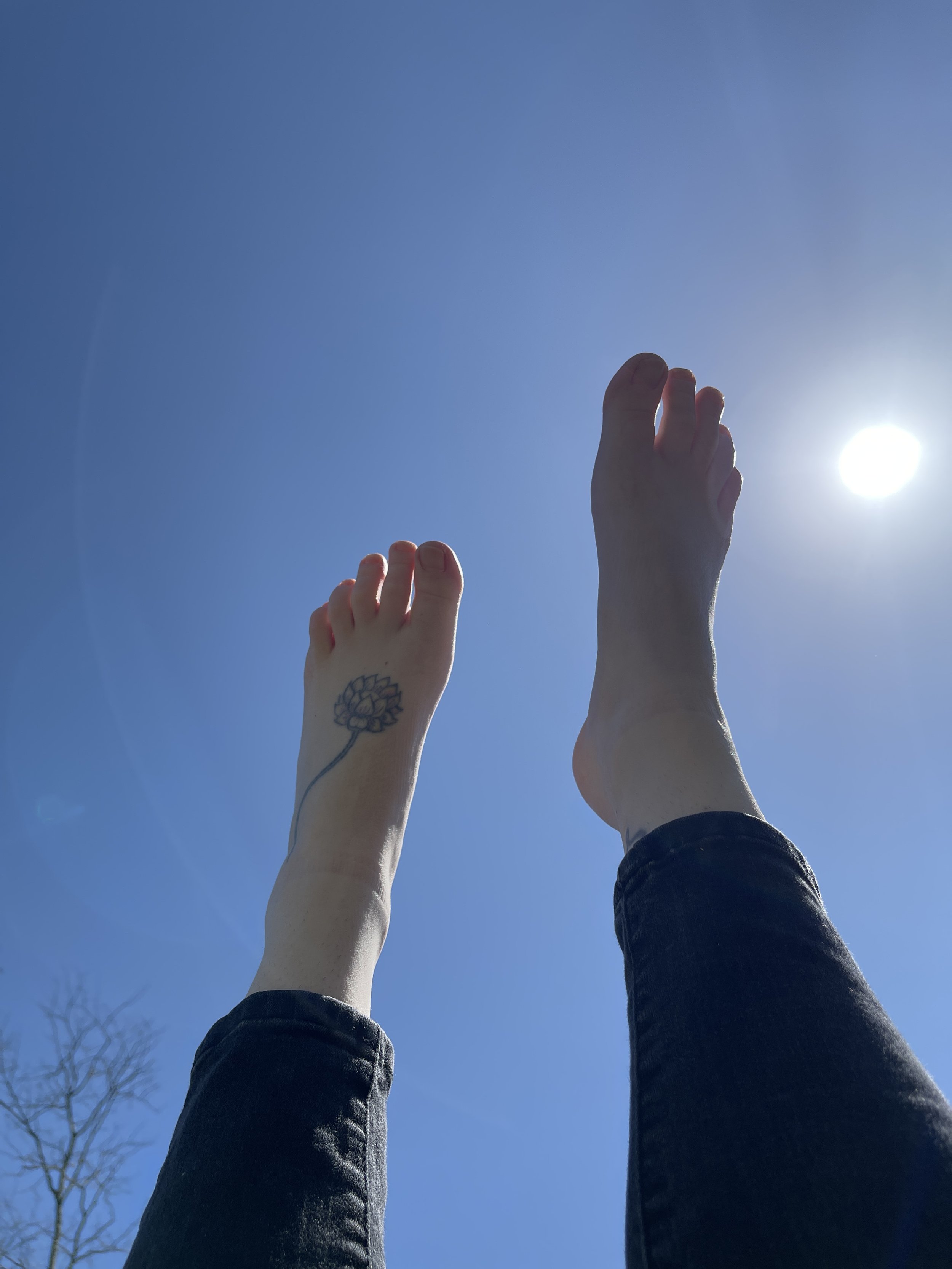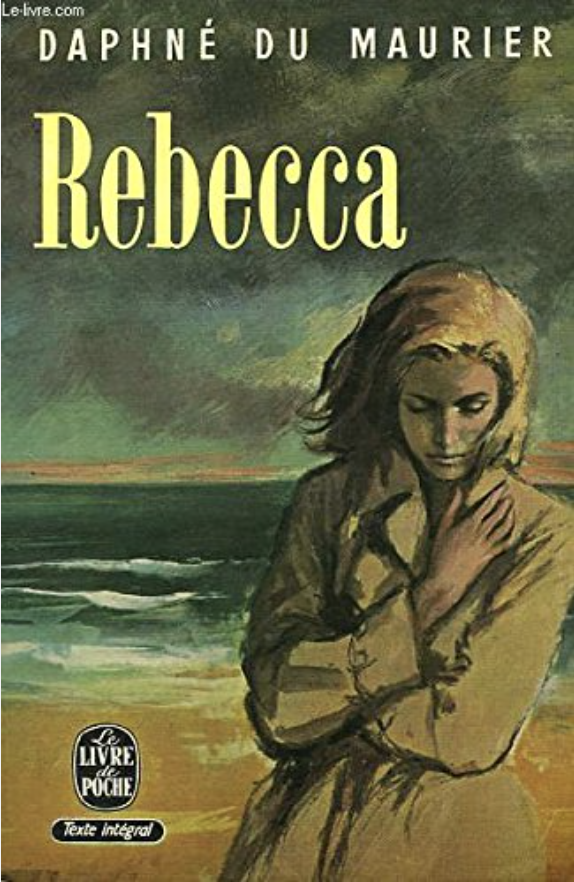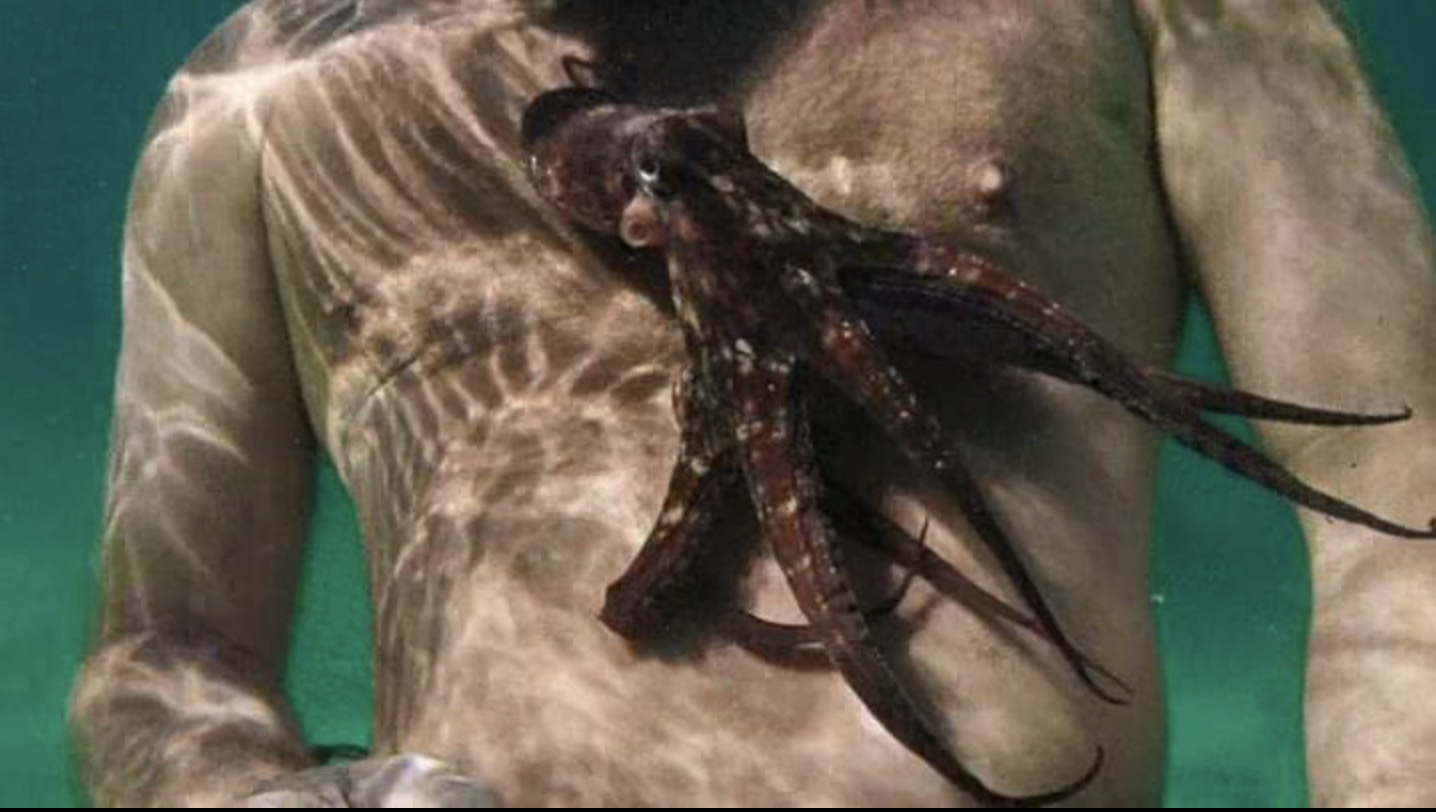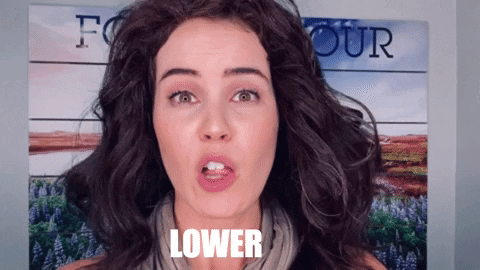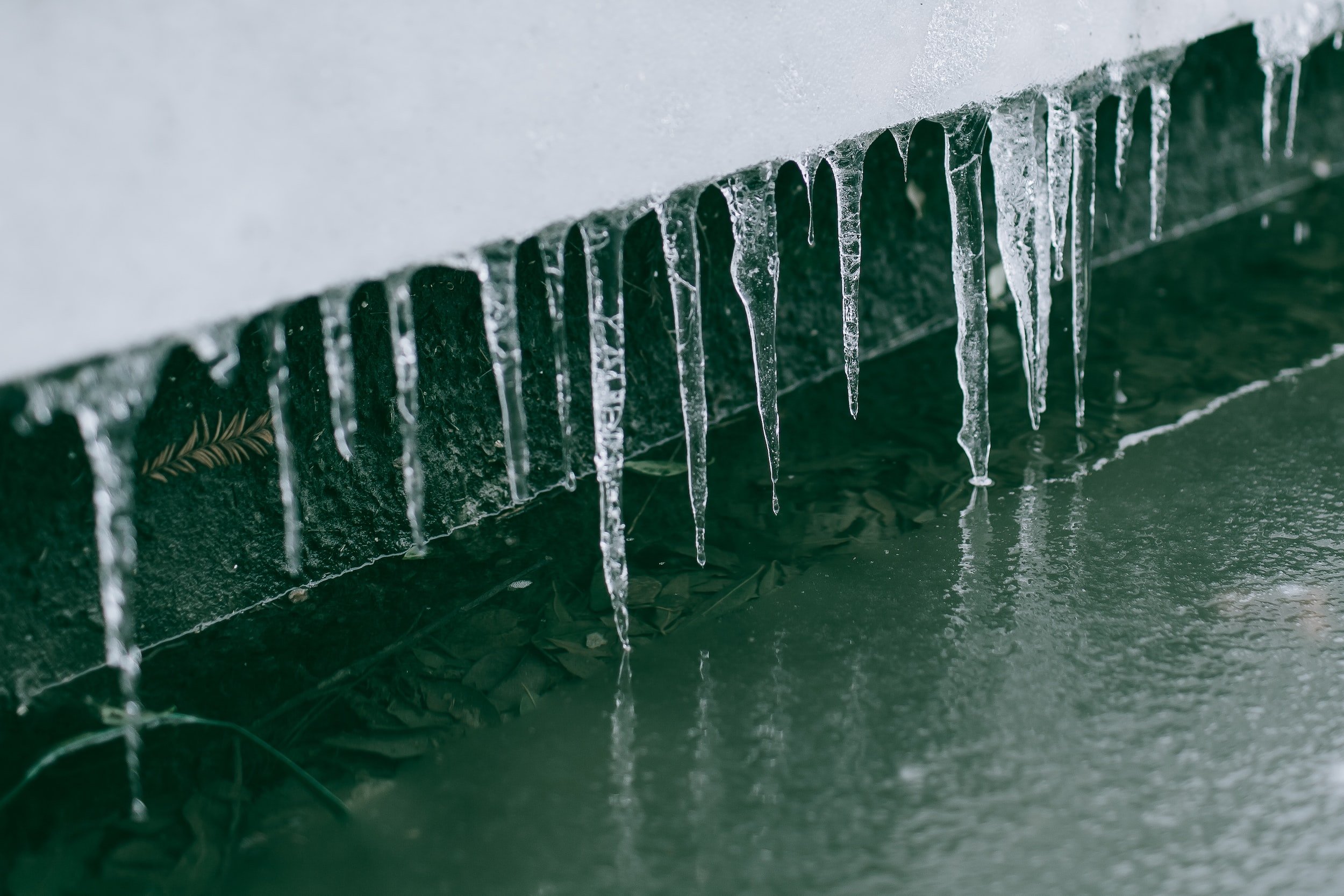In Raynor Winn's memoir The Salt Path, she writes about the beautiful farm she and her husband owned in Wales, how it was taken away, their subsequent homelessness amidst his terminal diagnosis, and their solution: walking Britain's coastal path instead of enduring the misery of trying to get into a British estate or dealing with grudging friends who only wanted to offer a couch for a few days, tops. The walk revealed their fellow humans' profound distaste for the unhoused and gave Winn and her husband a deeper sense of what "home" really is--each other, of course. And yet: they still wanted a home. A place that was theirs. A true shelter from the storm of life. They could hold all of the complexity as they walked - the letting go, the clinging, the letting go, the letting go, the letting go: of what they had, of their fear, of their assumptions.
This story worked on me more than I'd realized as I began to see how maybe it was okay to want to have something of your own, especially when you want EVERYONE to be able to have that, too. Housing equity. What a thought. She says:
"How can there be so few individuals who understand the need for people to have a space of their own?"
Here, she's speaking about how many owners tend to look down on the unhoused or renters, safe in the belief that they have earned their home, that it is their right and due, and - now that they have one - they must protect it at all costs. Keep out the riff-raff. Call the police if a Black man is walking up a driveway. To be a white person owning a home in the United States is a fraught affair when you've chosen to open your eyes to these things. And I echo Winn: Everyone needs a space of their own. Everyone deserves that. My guilt is useless, but my holy fury that we actually COULD house everyone and choose not to is very useful, indeed.
The place we bought is a gorgeous unit in a 16-unit building that is over 100 years old and I love it. But I feel WEIRD about it, too. We only moved five minutes away from our rental, but instead of the diversity of my old neighborhood, I see lots of white people walking beautifully groomed dogs. There are many nice cars. On the day my dear friend, a person of color, came to see us last week, there were literally people dressed up in Gatsby-era costumes playing croquet - CROQUET! - on the green beside our building. It was like a bonus scene from Get Out. I felt ashamed. But they're a Zen priest and gently reminded me that it's okay to have a beautiful, safe refuge to retreat to where you fill your well so you can go out and do good work in the world. Gotta love Zen priests.
So I took THAT weird feeling and mused on it a bit. What did it mean for me to live in a neighborhood like this? What did it say about me and my values? We were only able to get this place because of inter-generational wealth: my husband's parents gave us the down payment. What a beautiful thing to do - and what an example of why certain people are able to have stability and choice in this country, while so many are do not have the option to own a home or live in a good neighborhood (or go to college, or, or, or).
Part of why we chose a condo over a home was so that it wouldn't own us, wouldn't take up all our time in maintenance, and because we wanted to live in community - to have our fate linked with others'. Here, people garden together, do little tasks around the space, help each other out. There is a real feeling of mutual aid, in large part because all of us own 1/16th of this building. The value of our space is tied to the value of each other space in the building, so we have to work together - meetings and check-ins and the like. It's hard, actually, to live in community, but down-sizing and not owning a whole big house when we're just two people and a cat felt like that aligned with our values. (Full transparency: I dream of buying a small cabin up North, so when I talk about down-sizing, this is very relative).
We'd chosen this place for its beauty - because we're artists and it nourishes us and our work in undeniable ways.
John Muir once said that "Everyone needs beauty as well as bread."
I quite agree with that. I've been reading about neuroarts - more on that soon, but it's basically the science of how art has healing properties - and it's gotten me thinking more and more about how VITAL it is to surround ourselves with beauty and nature for our well-being as writers and also for the work itself. Making our homes places of delight and wonder is part of that, too. In tending to this aspect of ourselves, we're becoming better stewards for our books.
When you write a book and put it into the world, you no longer own it. In fact, you never did. You have only ever been the steward of your work.
After a book is shared, it becomes something different for every person who opens it. All you can do is be a good steward when its yours alone. Then you have to let it go. You can't take it with you. Just like everything in your life, it is impermanent. You will lose it. Just like you will lose your life. It's the way of things. It's okay that this is the way of things. Without the tension of loss, we would be unable to appreciate whatever we have right now.
Perhaps I came to a place where I could own a home because I've spent years loosening my grip on my work and career and focusing more on being a good steward to the work and the worker (me).
I can't control the outcome: if it sells, who will read it, any of that. All I can control is how I show up for my writing. That's it. Someone will buy it - own the rights! - or they will not.
Many people have lived in this home before me. And more will live here after me. I don't own it any more than I own my cat or the sky or the air I breathe. I am simply its steward. To believe otherwise would be to tell myself a story about immortality, about surety, about there being solid ground beneath my feet. If the years since the pandemic has taught us anything it's that the only things we can depend on are not material: love, hope, courage.
I wanted to write this out for myself and all of you because I think that one of the biggest obstacles to being a good writer and to doing right by the miracle is believing that these things - houses, degrees, vacations, new shoes, whatever - will somehow eliminate the discomfort we feel in our human skins.
But being uncomfortable is good for art. I'm glad that, while I rest easy in this home, my comfort and delight here is a reminder that so many do not have this. I think about what it would feel like to have a Russian missile hit this home. I think about all the migrants on the border right now. I think about the refugees in Greece and all over the world.
And this leads me to the quote at the top of this missive from Maya Angelou, about the ache of home living in all of us.
Isn't that why we read, why we write? It's that ache for a safe landing, for a refuge, for a place where we belong. You can't buy or own it, but you can carry it with you and pass it along to the next person who needs shelter.
